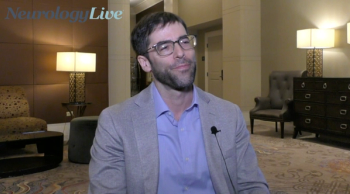
The director of movement disorders at the Banner Sun Health Research Institute discussed the challenges in diagnosing atypical Parkinsonian disorders and the potential role of biomarkers in improving diagnostic accuracy. [WATCH TIME: 5 minutes]

The director of movement disorders at the Banner Sun Health Research Institute discussed the challenges in diagnosing atypical Parkinsonian disorders and the potential role of biomarkers in improving diagnostic accuracy. [WATCH TIME: 5 minutes]
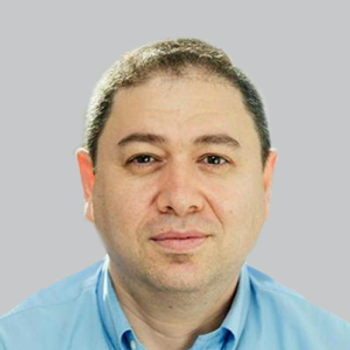
Boris Kantor, PhD, associate research professor of neurobiology, and Ornit Chiba-Falek, PhD, professor in neurology, both faculty at Duke University, discussed research on an innovative epigenome therapy targeting the APOE gene, a significant genetic risk factor for Alzheimer disease.
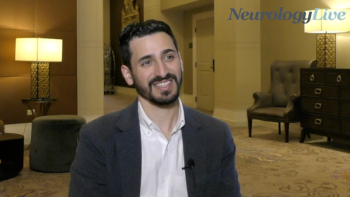
The director of the Movement Disorders Center at Baylor University Medical Center in Dallas, a part of Baylor Scott & White Health, discussed the current state of treatment for Parkinson disease and gene therapy as a promising treatment for the management of the disease. [WATCH TIME: 5 minutes]
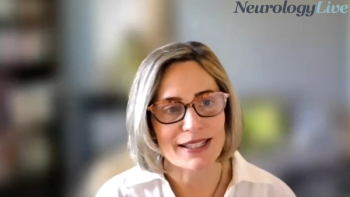
The director of research for internal medicine and geriatrics at Indiana University School of Medicine discussed the advantages digital assessments bring to clinics, and what role they will play in the coming years. [WATCH TIME: 3 minutes]
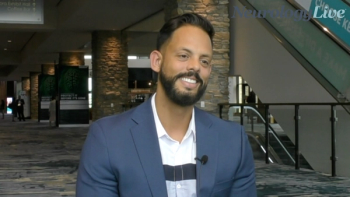
The associate professor in the department of population and quantitative health sciences at Case Western Reserve University School of Medicine talked about the presentation of multiple sclerosis in Latinx individuals compared with White Americans. [WATCH TIME: 5 minutes]
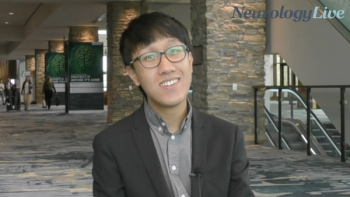
The PhD student in the department of electrical and computer engineering at Johns Hopkins University discussed the use of artificial intelligence and image harmonization techniques to address the challenges caused by multisite effects in neuroimaging. [WATCH TIME: 4 minutes]
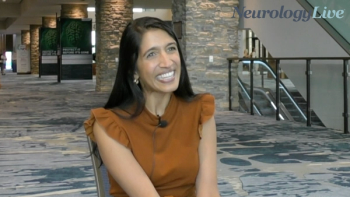
The assistant professor of neurology at the University of Colorado School of Medicine talked about the importance of addressing family planning with patients with multiple sclerosis. [WATCH TIME: 5 minutes]
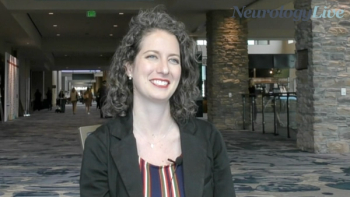
The neurologist at NorthShore University Health System in Chicago discussed a retrospective study on patients with multiple sclerosis who switched from high or moderate efficacy disease-modifying therapies to lower efficacy ones. [WATCH TIME: 5 minutes]
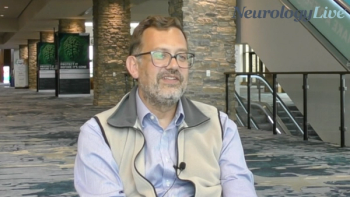
The associate professor of neurology at the University of Colorado School of Medicine discussed results of phase 3 studies assessing therapeutics on the impact of fatigue experienced by patients with multiple sclerosis. [WATCH TIME: 5 minutes]

Research shows that carrying the APOE e4 variant significantly increases lifetime risk for late-onset Alzheimer disease, and additional evidence suggests that lowering the variant expression may be a promising therapeutic target for the disease.
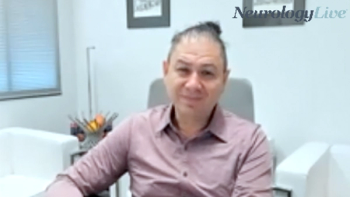
The associate research professor of neurobiology at Duke University discussed an innovative epigenome editing approach that shows promising prospects for patient improvement, disease prevention, and potential use in Alzheimer disease prophylactic work. [WATCH TIME: 3 minutes]
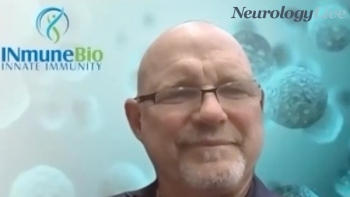
The chief executive officer at INmune Bio discussed a unique approach from a phase 1 study targeting neuroinflammation in the brain to improve cognitive abilities and maintain memory. [WATCH TIME: 5 minutes]
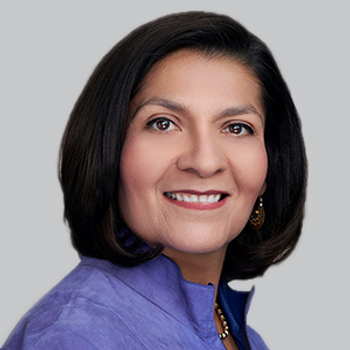
Maria Carrillo, PhD, chief science officer for the Alzheimer's Association, talked about the release of the updated diagnostic guidelines for Alzheimer disease, which incorporate plasma-based biomarkers.
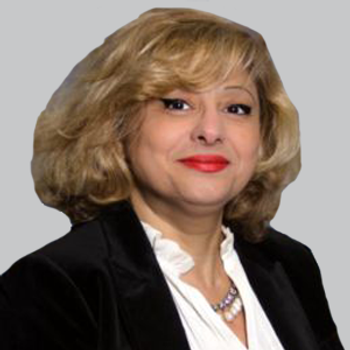
Results suggest that the high burden of cerebral amyloid angiopathy-related lesions most likely underlies the 30%-60% incidence of amyloid-related imaging abnormalities in APOE e4/4 carriers treated with approved amyloid therapies.
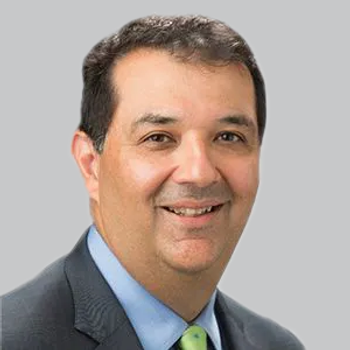
Based on a collection of data from clinical trials in Alzheimer disease, the best way to represent and translate the findings to meaningful benefits is through the use of multiple frameworks.
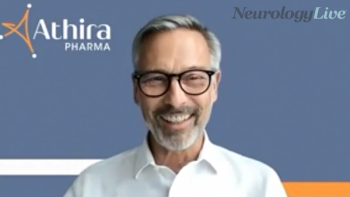
The chief medical officer at Athira Pharma talked about an exploratory phase 2 trial that showcased the correlation between biomarkers for Alzheimer disease hallmarks and neuroinflammation. [WATCH TIME: 5 minutes]

The director at the Foundation for the National Institutes of Health provided perspective on the effective ways to utilize currently available biomarkers for Alzheimer disease research.

A slowing of disease progression by 30% would result in clearly meaningful differences in patients with mild cognitive impairment and mild dementia.
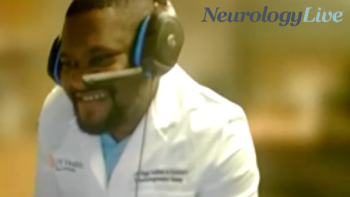
The postdoctoral researcher at The University of Texas Health Science Center at San Antonio talked the gut microbiome and neurological disorders, focusing on the potential role of gut microbiota imbalance in the pathogenesis of conditions like Alzheimer disease. [WATCH TIME: 5 minutes]
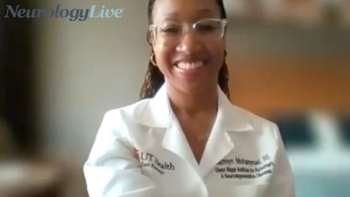
The clinical research associate at the University of Texas Health Science Center at San Antonio discussed a study that explores the relationship between cognitive function and gut microbiome structure in middle-aged adults from the Framingham Heart Study cohort. [WATCH TIME: 4 minutes]
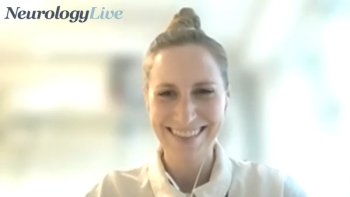
The researcher in the department of neurochemistry at the University of Gothenburg in Sweden discussed bloodspot cards as a promising method for collecting blood samples in Alzheimer disease research. [WATCH TIME: 4 minutes]

The genetic epidemiologist at the University of Pennsylvania talked about a collaboration of sites and analysis groups across the US to create a vast collection of genetic data on patients living with Alzheimer disease. [WATCH TIME: 5 minutes]
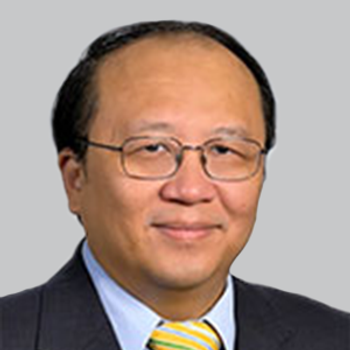
Li-San Wang, PhD, the Peter C. Nowell, MD, professor of pathology and laboratory medicine, Perelman School of Medicine at the University of Pennsylvania, discussed a study that aims to address the underrepresentation of Asian populations in Alzheimer disease research.
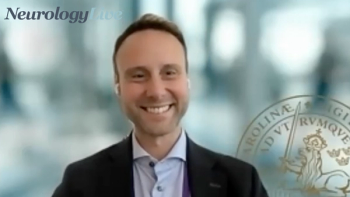
The associate professor of neuroscience at Lund University in Sweden discussed findings from a study of a new blood test examining biomarkers which demonstrated a high accuracy in identifying Alzheimer disease pathology. [WATCH TIME: 5 minutes]
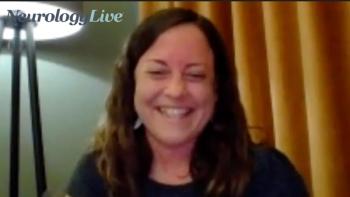
The research assistant professor, pathology and laboratory medicine, University of Pennsylvania, talked about the ongoing research in her lab on understanding the mechanisms and consequences of TDP-43 aggregation in Alzheimer Disease. [WATCH TIME: 4 minutes]
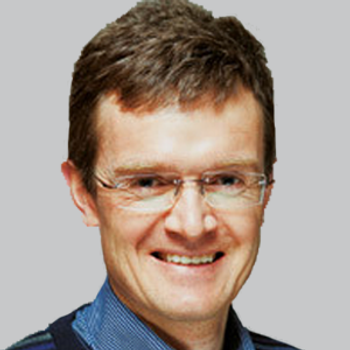
Several patients have completed the 18-month trial and have moved on to the open-label extension, where they will be followed for an additional 12 months.
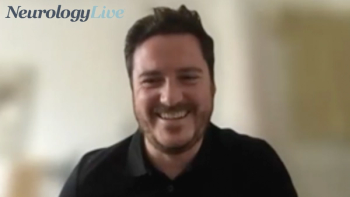
The associate professor of neurochemistry at the University of Gothenburg in Sweden talked about a pilot study that explored the potential of finger prick tests to remotely collect blood and provide reliable biomarker results for Alzheimer disease diagnosis. [WATCH TIME: 5 minutes]

The director of research for internal medicine and geriatrics at Indiana University School of Medicine provided perspective on ways to effectively streamline cognitive screening in timely and accurate manor. [WATCH TIME: 4 minutes]
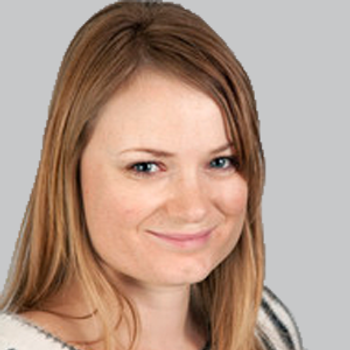
In total, 33% of the study participants died within 180 days after initiating their first opioid prescription, compared with 6.4% of those unexposed.
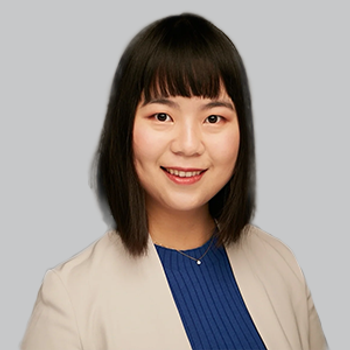
Chaoran Ma, MD, PhD, assistant professor at University of Massachusetts Amherst, talked about the association between bowel movement frequency, the gut microbiome, and cognitive function in patients living with dementia.